Top 10 Filipino Culture, Customs and Etiquette
Should you remove your shoes when visiting friends? Should you greet those on elevators with a smile? When thinking about the dos and don'ts in your own ... read more...nation, these questions might not seem like the most obvious ones, but things that you might not even consider at home can have a major impact abroad. Here is a list of Filipino Culture, Customs and Etiquette.
-
Hiya, a word that is hard to describe but basically signifies a sense of shame, is one of the main governing factors in Filipino society that goes unnoticed by most tourists. In practically all social circumstances, heya is important. A sense of hiya hinders someone from asking a question out of concern that he could come off as dumb.
Hiya is the reason why so many Filipinos avoid open disagreement for fear of offending someone. Lack of hiya is a serious social vice. The greatest offense is to be called "walang-hiya" (shameless). Hiya is synonymous with maintaining amor-propio, which is Latin for "love of oneself" and refers to the desire to keep one's face intact. Hiya, a word that is hard to describe but basically signifies a sense of shame, is one of the main governing factors in Filipino society that goes unnoticed by most tourists. In practically all social circumstances, heya is important.
A sense of hiya hinders someone from asking a question out of concern that he could come off as dumb. Hiya is the reason why so many Filipinos avoid open disagreement for fear of offending someone. Lack of hiya is a serious social vice. The greatest offense is to be called "walang-hiya" (shameless). Hiya is synonymous with maintaining amor-propio, which is Latin for "love of oneself" and refers to the desire to keep one's face intact. If there is an issue, resolve it softly and gradually. Filipinos place a high value on delicadeza. This can be translated as "propriety," a straightforward sense of proper behavior, especially around older people or women.

https://www.pinterest.fr/ 
https://www.pinterest.com/ -
Filipino, formerly known as Pilipino, is the national tongue of the Philippines and is derived from Tagalog. Despite being the country's official language, only roughly 55% of Filipinos can speak it. There are around 111 other indigenous languages and dialects in addition to Filipino, only about 10 of which are significant regionally.
Since it is the language of teaching in schools, English is typically used for educational, governmental, and commercial purposes. It is also widely understood. After the US and the UK, the Philippines has the third-largest population of English-speaking persons in the world.
It is common to hear Filipinos use "Taglish," or a blend of English and Tagalog, in their everyday conversations because English is a language that is widely spoken in the Philippines. Even though it used to be an official language, a less and smaller percentage of people still speak Spanish.
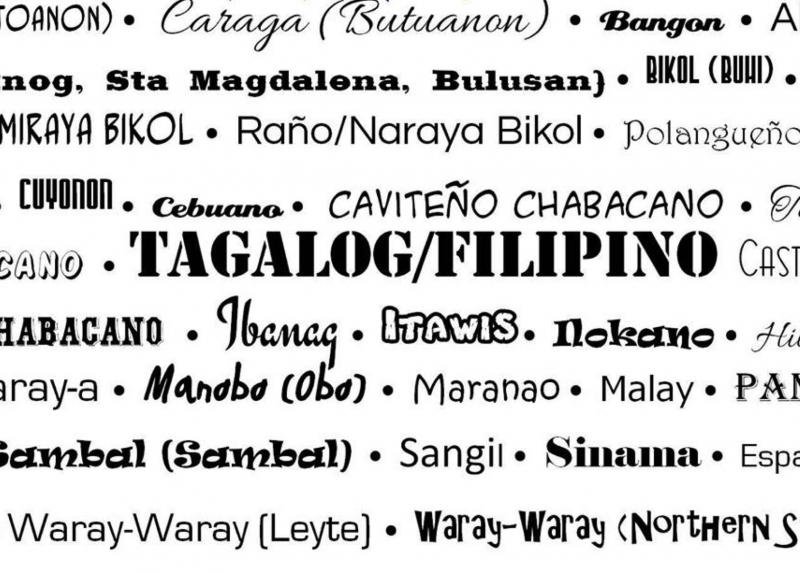
https://www.pinoystop.org/ 
https://kapampangan.org/ -
It is best to arrive 15 to 30 minutes later than the time of the invitation if you are going to a Filipino's home for a big party. Never refer to the wife of your host as the hostess. The Philippines have a different interpretation of this. Put on appropriate attire. You will be evaluated based on how you look and how you present yourself. Gratify the hostess for the home.
The week after the dinner or party, send the hosts a handwritten thank-you note. It demonstrates your class. Before entering the dining area or helping oneself to food, wait to be asked numerous times. Await instructions on where to sit. There might be a seating arrangement. Wait until the host encourages you to begin eating before doing so.
Meals are frequently offered family-style or as self-serve buffets. As far as eating tools go, a fork and spoon are standard. Use your left hand to hold the fork and your right hand to transfer food to the spoon. Rather than being dictated by society, whether you should finish everything on your plate or leave some meal unfinished depends on your personal preferences.
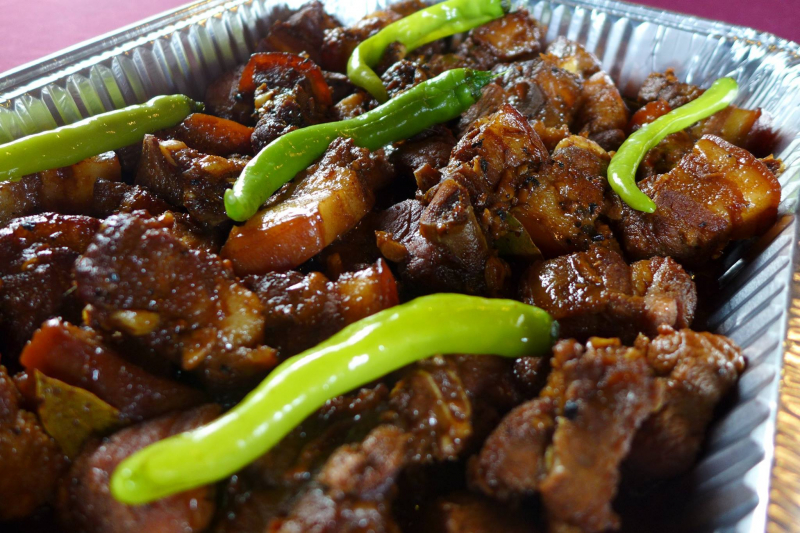
https://www.modernfilipina.ph 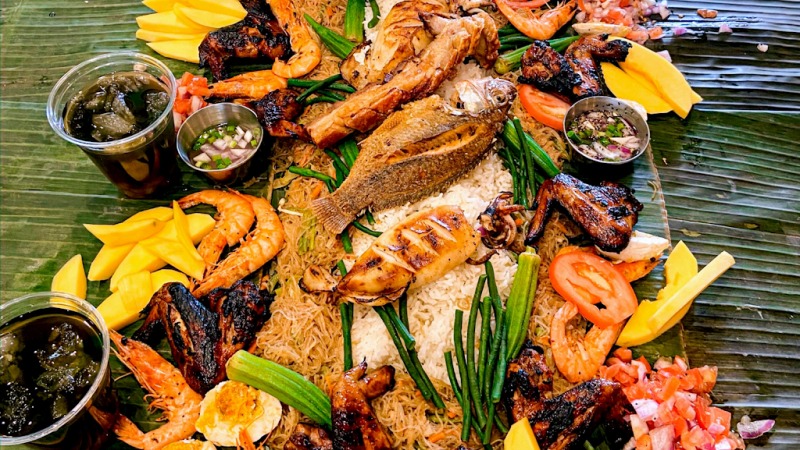
https://usarestaurants.info -
Being introduced by a third party is advised because Filipinos thrive on interpersonal interactions. It is essential to network and assemble a team of business contacts you can turn to for support in the future.
Because of how intimate business connections may be, you can be asked to do favors for coworkers, and they'll fully expect you to ask the same of them in return. Once a connection has been made, it is with you personally rather than always with the business you represent.
As a result, if you quit the company, your successor will have to establish their own connection. Building commercial relationships will be facilitated by projecting the right image. Always be well-groomed and conservatively attired.

https://www.shell.com.ph 
http://filipinofamilyhealth.com/ -
Filipinos are gregarious people who don't think it's impolite to inquire about personal matters. Be ready to have everyone you meet question you in a polite manner. Filipinos will inquire about your origin, reason for visiting, age, marital status, reasons for not being married, and a host of other details. They take great delight in being hospitable and are constantly willing to share a meal or a few beverages. Avoid upsetting them by flatly declining.
"Hey Joe!" are still frequently yelled by onlookers as they pass by foreign males. This reminds me of the World War II GI Joes and the American occupation.
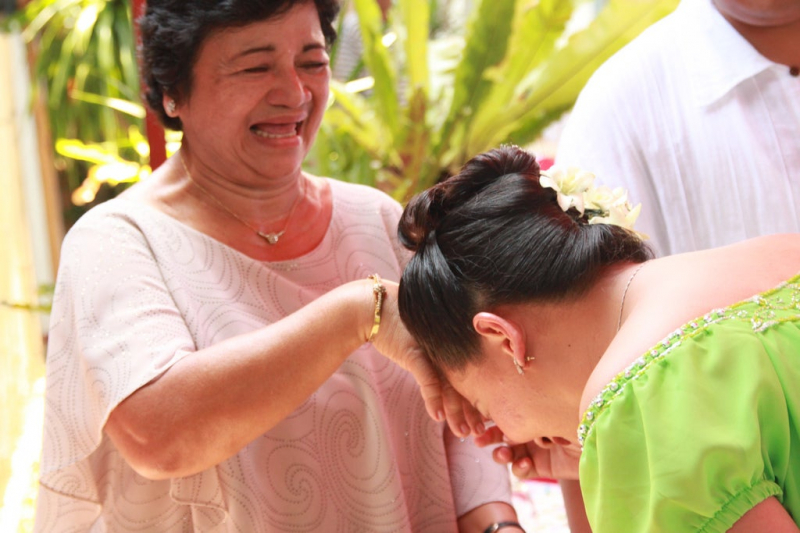
https://www.opodo.co.uk 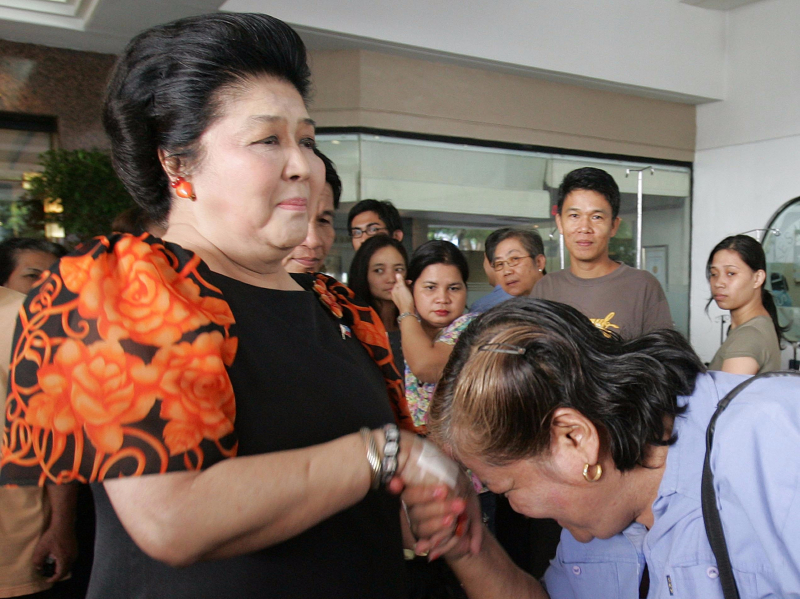
http://www.businessinsider.com -
Why do you never ask a Filipino to do something by the end of the week? He might think you’re being pushy. That’s an exaggeration of course, but beyond the cities, the old joke still resonates for longtime residents of the Philippines.
In recent years, perhaps due to the number of young Filipinos returning home after an overseas education, the attitude towards punctuality has begun to change. For medical or work-related appointments you’ll need to be on time, but for social gatherings turn up half an hour late: it is considered impolite to be on time for a party, for instance, simply because it makes you look like a glutton who wants to grab the food.
The speed of service in restaurants in the Philippines has also improved, but you should still expect your patience to occasionally be tested. Although the pace of service at restaurants in the Philippines has increased, occasionally you should still be prepared to have your patience tried.
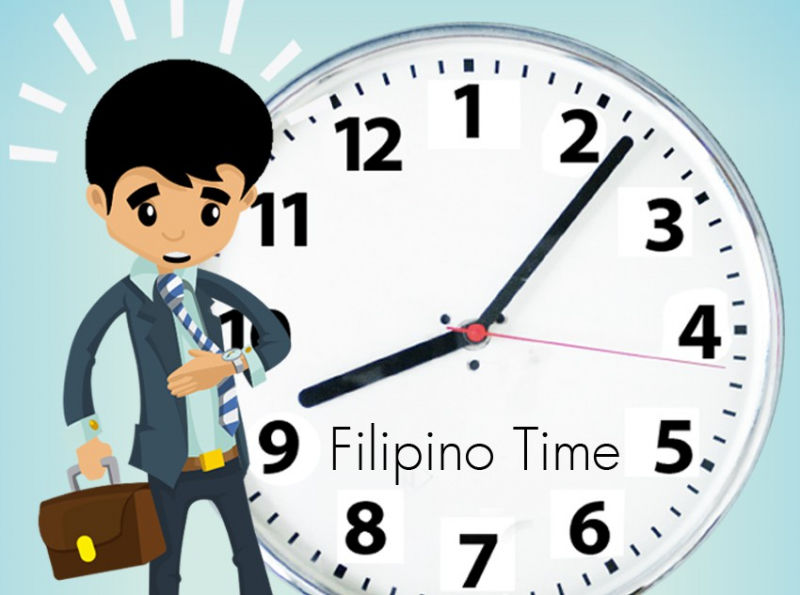
https://primer.com.ph/ 
https://www.myoutdesk.com -
Filipinos typically wear modest clothing, especially in public. The elderly and others with greater social rank are supposed to be treated with respect. Filipinos are normally not privacy-demanding due to their huge family numbers and frequently cramped living spaces. Typically, it is assumed that things are shared and communal within one family. So, being honest about one's goods and living arrangements is expected.
Blasphemy and profanity are often avoided by Filipinos since they don't want to embarrass themselves. Filipinos often take a laid-back attitude about punctuality and keeping to schedule. Filipinos frequently show up an hour or two after the scheduled time. However, Filipinos will show up on time for formal occasions like crucial business meetings, appointments, or medical visits.

https://www.travellingking.com/ 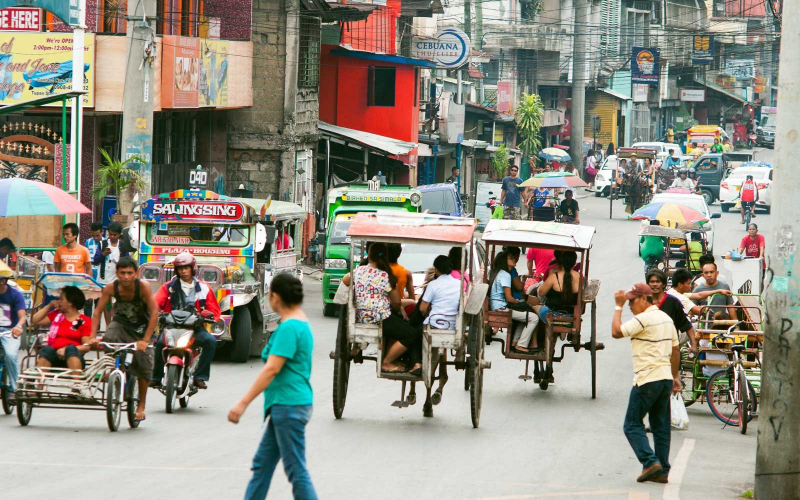
https://www.travelandleisure.com -
The word "hostess," which has an insulting alternate meaning in the Philippines, should not be used to address the woman of the house. Before entering someone's home, it is customary to take off one's shoes. You can be given slippers by the host to wear inside the house.
If refreshments are provided, try to accept them. It is considered rude to decline them. When they welcome guests, Filipinos frequently use their best silverware and tableware to show off their hospitality. In order to thank them for their efforts, it would be considerate to comment on it.
Filipinos are reluctant to eat the last bite of any shared food offered at a dinner if there is a visitor. Many Filipinos may offer to stop and eat if they see someone walking by while they are eating. This, however, is not a literal offer; rather, it is done out of respect.

https://www.storyblocks.com/ 
https://www.mantripping.com -
The usage of the word yes is one of the main reasons why people become frustrated during social interactions. Many Filipinos find it challenging to refuse because of their desire to please. Instead, they opt to accept. The word "yes" (pronounced "oo" in Tagalog) can signify a variety of things, from a basic "yes" to "I'm not sure", "possibly", "if you say so", or "sorry, I don't understand."
However, most Filipinos would use the English term while speaking to foreigners. Never consider a casual "yes" to be binding. Numerous euphemisms for the word no are another way that the ideas of hiya and amor-propio have permeated the language (hindi in Tagalog).
To avoid upsetting you, a Filipino will generally respond with "maybe" (siguro nga), "whatever" (bahala na), or "if you say so," as opposed to saying "no" (kung sinabi mo ba e). Few foreigners ever truly understand the eddies and whirls beneath the subtle nuances of language that underlie the hidden tides that regulate all social behavior in the Philippines.

http://mssbizsolutions.com 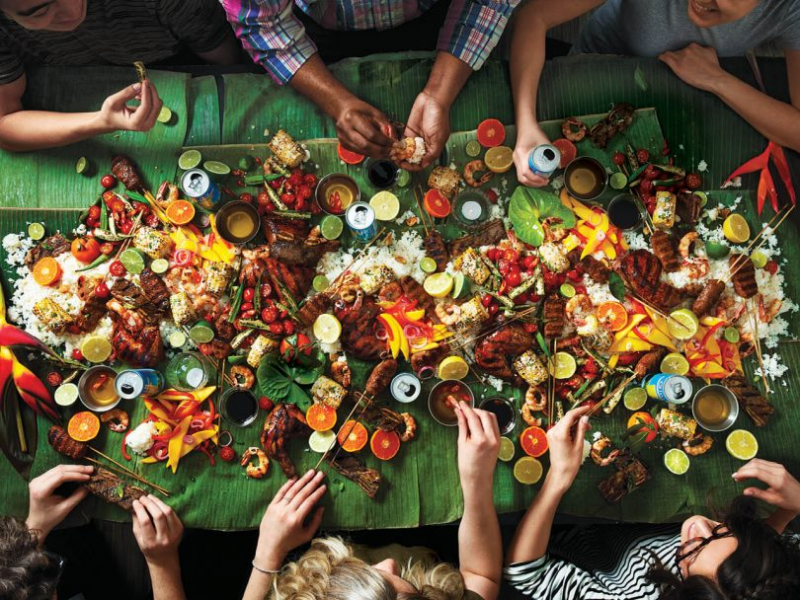
https://www.chatelaine.com -
Even though many Philipinos may not have the means to provide service providers a gratuity, it is always expected. In more upscale settings like hotels and upscale restaurants, tips are expected and perhaps required.
Extreme poverty is pervasive in several of the major cities. Giving money to begging people or the roving street kids is against the law. The better option is to provide food if you truly want to help someone.
Sometimes when kids approach outsiders, they won't go unless you offer them something. Avoid using foul language and simply ignore them to combat this. They are able to understand profanity, and they might ask their pals to bother you even more.
Remember that in the Philippines, the Marcos years (1965–1986) might cause controversy. Visitors will discover that whereas the metropolitan regions in the south of Luzon take strong pleasure in the people's power or "EDSA" revolution that toppled the regime, the northern Ilokano Population saw the regime as an era of stability. In either case, it is wise to consider the speaker's perspective before bringing up the subject.

https://www.wanderlust.co.uk/ 
http://www.panaynews.net/































